People
Lecturers
- Larissa E. R. Albantakis (Assistant Scientist @ University of Wisconsin)
- Kaoru Amano (Principal Investigator @ CiNet)
- Kenji Doya (Professor @ OIST)
- Piet Hut (Professor @ IAS, ELSI & YHouse)
- Hiroshi Ishiguro (Professor @ Osaka University)
- Ryota Kanai (Founder & CEO @ ARAYA Brain Imaging & YHouse)
- Yukie Nagai (Principal Investigator @ CiNet)
- Shinji Nishimoto (Principal Investigator @ CiNet)
- Mariko Osaka (Principal Investigator @ CiNet)
- Jun Tani (Professor @ KAIST)
- Naotsugu Tsuchiya (Associate Professor @ Monash University)
- Noriko Yamagishi (Principal Investigator @ CiNet)
- Dan Zahavi (Professor @ University of Copenhagen)
Tutors
- Jelle P. Bruineberg (University of Amsterdam): MEG
- Jorge L. Copete (Osaka University): Robotics
- Ai Koizumi (CiNet): MEG, Psychophysics
- Ray X. Lee (OIST): Web master, Robotics
- Julian Matthews (Monash University): Psychophysics
- Katsunori Miyahara (Harvard University): Psychophysics
- Satoshi Nishida (CiNet): MRI
- Elizaveta Solomonova (University of Montreal): Psychophysics
- Konstantinos Theofilis (Osaka University): Robotics
- Olaf Witkowski (ELSI): Robotics
- Kenichi Yuasa (CiNet): MEG
Students
- Carlos Alquezar Baeta (PhD Student @ University of Zaragoza)
- David Camilo Alvarez Charris (Bachelor Student @ Universidad Autnoma de Occidente )
- Nora Andermane (PhD Student @ University of Sussex)
- Ryo Aoki (Postdoc @ RIKEN Brain Science Institute)
- Manuel Baltieri (PhD Student @ University of Sussex)
- James C. Blackmon (Junior Faculty @ San Francisco State University)
- Anna Cattani (Postdoc @ Istituto Italiano di Tecnologia)
- Renzo Comolatti (Bachelor Student @ Universidade de São Paulo)
- Iulia-Maria Comsa (PhD Student @ University of Cambridge)
- Gokhan Gonul (PhD Student @ Middle East Technical University, Informatics Institute)
- Jackie L. Gottshall (PhD Student @ Weill Cornell Medicine)
- Akihito Hasegawa (Bachelor Student @ Tokyo University of Pharmacy and Life Sciences & RIKEN BSI)
- Calum C. Imrie (PhD Student @ University of Edinburgh)
- Yuko Ishihara (PhD Student @ University of Copenhagen)
- Sridhar rajan Jagannathan (PhD Student @ University of Cambridge)
- Sina Khajehabdollahi (Master Student @ University of Western Ontario)
- Vasudha S. Kowtha (Master Student @ University of Maryland, College Park)
- Felipe Leon Torres (Postdoc @ Center for Subjectivity Research, University of Copenhagen)
- Michiko Matsunaga (Master Student @ Kyoto University)
- Gabriel Axel Montes (PhD Student @ University of Newcastle)
- Yulia Revina (Postdoc @ Nanyang Technological University)
- Georg Schauer (PhD Student @ Max Planck Institute for Biological Cybernetics)
- Akiko Uematsu (PhD Student @ Hokkaido University Graduate School of Medicine)
- Elaine van Rijn (Postdoc @ Cognitive Neuroscience Laboratory, Duke-NUS Medical School)
- He Zheng (Postdoc @ Max Planck Florida Institute for Neuroscience)
Lecturers
Larissa Albantakis
- Affiliation: University of Wisconsin-Madison
- Department/Lab: Wisconsin Institute for Sleep and Consciousness
Larissa Albantakis is an Assistant Scientist at the Wisconsin Institute for Sleep and Consciousness, at the University of Wisconsin—Madison. She obtained her Diploma in physics from Ludwig-Maximilians University in Munich in 2007, and her PhD in Computational Neuroscience from Universitat Pompeu Fabra in Barcelona in 2011. She has been at the University of Wisconsin since 2012, working together with Giulio Tononi on Integrated Information Theory, and has recently been awarded a ‘Power of Information’ Independent Research Fellowship by the Templeton World Charity Foundation, to investigate and formalize the notions of informational autonomy and causal responsibility. Her main research interest is exploring the relationships between causation, information, and consciousness in neural networks. Her contributions to IIT include a demonstration of adaptive advantages of high information integration in simulated, evolving organisms; a body of work that reveals the possibility of macro-level causation, which can supersede micro-level causal interactions; and an account of the relation between causal and dynamical complexity in discrete dynamical systems.
Kaoru Amano
- Affiliation: Center for Information and Neural Networks (CiNet),
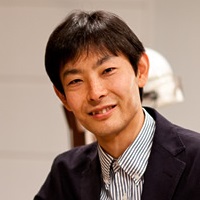 National Institute of Information and Technologies (NICT)
National Institute of Information and Technologies (NICT)
Kaoru Amano took BS in 2000, MS in 2002, and Ph.D. in 2005 at U. Tokyo. After he worked with Prof. Brian Wandell at Stanford Universtiy, he became an assistant professor at U. Tokyo in 2008. At that time, he got a grant from PRESTO (Precursory Research for Embryonic Science and Technology), JST. Then he joined CiNet, NICT in 2013 and became a principal investigator. He was also appointed as the guest associate professor at Osaka University in 2013. He is interested in understanding how sensory perception is created from neural activities. He utilizes psychophysics, non-invasive neuroimaging techniques including fMRI, MEG and manipulative techniques including neurofeedback and current stimulation. He is excited in working with ISSA students.
Kenji Doya
- Affiliation: Okinawa Institute of Science and Technology (OIST)
Graduate University
- Department/Lab: Neural Computation Unit
Kenji Doya took BS in 1984, MS in 1986, and Ph.D. in 1991 at U. Tokyo. He became a research associate at U. Tokyo in 1986, U. C. San Diego in 1991, and Salk Institute in 1993. He joined ATR in 1994 and became the head of Computational Neurobiology Department, ATR Computational Neuroscience Laboratories in 2003. In 2004, he was appointed as the principal investigator of Neural Computation Unit, Okinawa Institute of Science and Technology (OIST) and started the Initiative for a Synthesis in Studies of Awareness (ISSA) as the chief organizer. As OIST re-established itself as a graduate university in 2011, he became a professor and the vice provost for research. He serves as the co-editor in chief of Neural Networks from 2008. He is interested in understanding the functions of basal ganglia and neuromodulators based on the theory of reinforcement learning.neuromodulators based on the theory of reinforcement learning.
Piet Hut
- Affiliation:
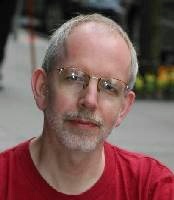 Institute for Advanced Study, Princeton, NJ, USA
Institute for Advanced Study, Princeton, NJ, USA - Department/Lab: Head of Program in Interdisciplinary Studies
Piet Hut is the Head of the Program in Interdisciplinary Studies at the Institute for Advanced Study in Princeton. After an early career in astrophysics and particle physics, he soon started collaborations with colleagues in fields as diverse as geology and paleontology, computer science, psychology and philosophy, in addition to his core research in large-scale simulations of planetary systems, star clusters and galaxies. The asteroid 17031 Piethut was named after him in recognition for his work toward protecting the Earth from asteroid impacts. During the last five years he has focused on questions related to the origins and nature of life. In that context he was one of the founders of the Earth-Life Science Institute, ELSI (http://www.elsi.jp/) at the Tokyo Institute of Technology. He is also one of the founders of a new research institute in New York City, YHouse (https://yhousenyc.org/), dedicated to research as well as outreach in the general area of awareness: from intelligence, natural as well as artificial, to consciousness and cognition in general. Connected to these activities, together with various colleagues he founded two global networks, the ELSI Origins Network, EON (http://eon.elsi.jp/), and the Inititiative for a Synthesis in Studies of Awareness, ISSA (https://issanetwork.org).
Hiroshi Ishiguro
- Affiliation: Osaka University

- Department/Lab: Graduate School of Engineering Science, Dep. of Systems Innovation
Hiroshi Ishiguro received a D. Eng. in systems engineering from the Osaka University, Japan in 1991. He is currently Professor of Department of Systems Innovation in the Graduate School of Engineering Science at Osaka University (2009-) and Distinguished Professor of Osaka University (2017-). He is also visiting Director (2014-) (group leader: 2002-2013) of Hiroshi Ishiguro Laboratories at the Advanced Telecommunications Research Institute and an ATR fellow. His research interests include sensor networks, interactive robotics, and android science.
Ryota Kanai
- Affiliation: Araya, Inc.

Ryota Kanai is a neuroscientist and AI researcher. He is the founder and CEO of Araya, a Tokyo-based startup aiming to understand the computational basis of consciousness and to create conscious AI. After graduating from Department of Biophysics, Kyoto University, Ryota earned his PhD in Experimental Psychology from Universiteit Utrecht in Netherlands. He worked as a postdoc in Caltech (with Prof. Shin Shimojo), University College London (with Prof. Vincent Walsh and Prof. Geraint Rees), and started his own laboratory at Sackler Centre for Consciousness Science in the University of Sussex. He founded a Tokyo-based startup Araya (formerly, Araya Brain Imaging) in 2014 with the mission to build machine consciousness. His team aims to discover computational principles underlying consciousness and apply them in designing new forms of artificial intelligence, which can feel and ponder upon its own existence. (@kanair)
Yukie Nagai
- Affiliation: Osaka University
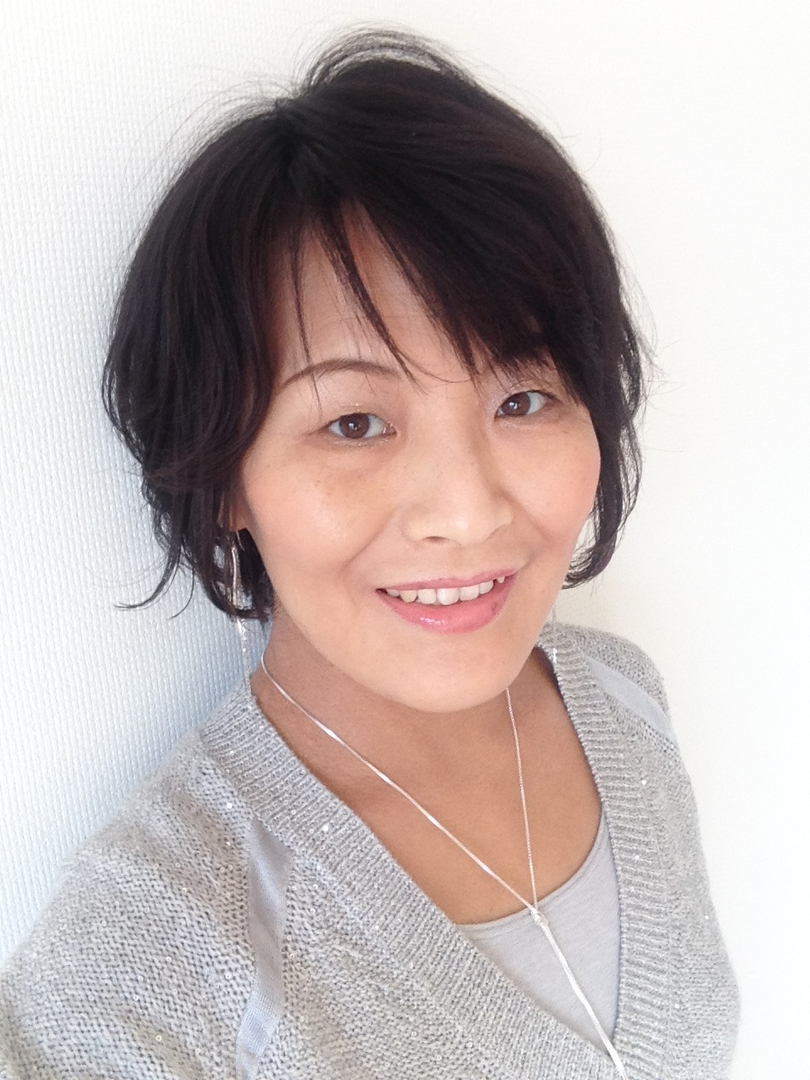
- Department/Lab: Graduate School of Engineering
Yukie Nagai received the master’s degree from Aoyama Gakuin University in 1999 and the Ph.D. degree from Osaka University in 2004 both in engineering. She was a Post-Doctoral Researcher with the National Institute of Information and Communications Technology from 2004 to 2006, and Bielefeld University from 2006 to 2009. She then became a Specially Appointed Associate Professor with Osaka University in 2009 and a Visiting Professor with Bielefeld University in 2017.
From 2012 to 2017, she was the Project Leader of MEXT Grant-in-Aid for Scientific Research on Innovative Areas entitled Computational Modeling of Social Cognitive Development and Design of Assistance Systems for Developmental Disorders. Since 2016, she is the Project Leader of JST CREST entitled Cognitive Mirroring: Assisting People with Developmental Disorders by Means of Self-Understanding and Social Sharing of Cognitive Processes. Her current research interests include computational modeling of human cognitive functions such as self-other cognition, imitation, and joint attention based on the predictive coding theory, and the design of assistant systems for developmental disorders.
Shinji Nishimoto
- Affiliation: NICT
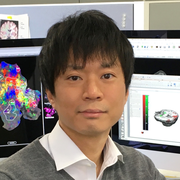
- Department/Lab: CiNet
Shinji Nishimoto received his Ph.D. in neurophysiology from Osaka University in 2005. He worked as a postdoctoral fellow and an associate specialist at Helen Wills Neuroscience Institute at the University of California, Berkeley from 2005 to 2013. Then, he joined the Center for Information and Neural Networks (CiNet) at the National Institute of Information and Communications Technology as a senior researcher (principal investigator). He has also been affiliated with Osaka University Graduate School of Medicine and Frontier Biosciences. His primary research interest is the quantitative understanding of neural information processing and representations.
Mariko Osaka
- Affiliation: National Institute of Information and
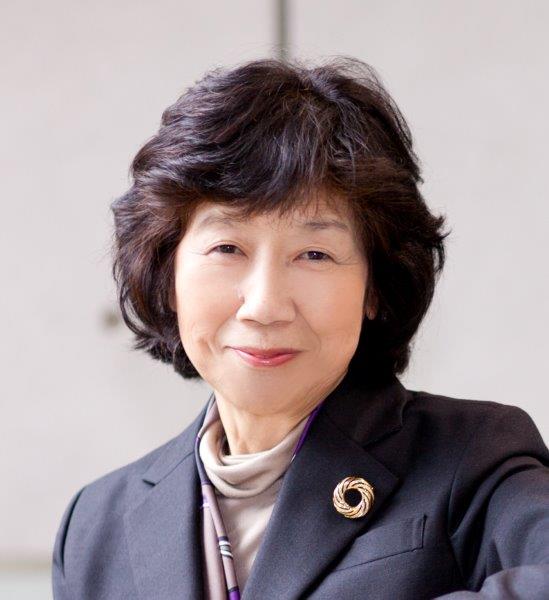 Communications Technology
Communications Technology - Department/Lab: Center for Information and Neural Networks
Working memory is required for our daily life. While driving car, for example, we must keep the goal to go in mind during pay attention to the traffic rules. The higher cognitive brain functions such as talking and reading also require such dual task. Traditionally, the memory function of people was estimated by passive memory test such as memory span test. However, complex span task was developed in order to measure working memory capacity using dual task paradigm. I will show complex span task in the lecture, and please try to perform it.
Jun Tani
- Affiliation: Korean Advanced Institute of Science and Technology
- Department/Lab: Cognitive Neuro-Robotics Lab
Jun Tani received a doctor of engineering degree in electrical engineering from Sophia University in Tokyo in 1995. He worked for Sony Corp. and later for Sony Computer Science Lab as a researcher from 1990 to 2001. Then, he worked at Riken Brain Science Institute from 2001 to 2012 where he has been a PI of Lab. for Behavior and Dynamic Cognition. He had been also appointed as a Visiting Associate Professor, Graduate School of Arts and Sciences, University of Tokyo from 1997 to 2002. He became a full professor of Electrical Engineering in KAIST in Korea in 2012 where he started Cognitive Neuro-Robotics Lab. He has been appointed also as a visiting professor at Waseda Univ. and an adjunct professor at OIST in Japan since 2014 and 2017, respectively. His research interests include neurorobotics, deep learning, complex systems, brain science, developmental psychology, and philosophy of mind. He recently published a monograph from Oxford Univ. Press., "Exploring Robotic Minds: Actions, Symbols, and Consciousness as Self-Organizing Dynamic Phenomena".
Naotsugu Tsuchiya
- Affiliation: Monash University

- Department/Lab: School of Psychological Sciences
Dr Tsuchiya was awarded a PhD at California Institute of Technology (Caltech) in 2006 and underwent postdoctoral training at Caltech until 2010. Receiving a PRESTO grant from Japan Science and Technology (JST) agency, Dr Tsuchiya returned to Japan in 2010. In Jan 2012, he joined the School of Psychological Sciences at Monash University as an Associate Professor. Since 2013, he is an ARC Future Fellow. His main research interest is to uncover the neuronal basis of consciousness. Specifically, he focuses on 1) the scope and limit of non-conscious processing, 2) the relationship between attention and consciousness, and 3) the neuronal correlates of consciousness by analysing the multi-channel neuronal recording obtained in animals and humans and 4) testing a theory of consciousness, in particular, integrated information theory of consciousness.
Noriko Yamagishi
- Affiliation: National Institute of Information and Communications
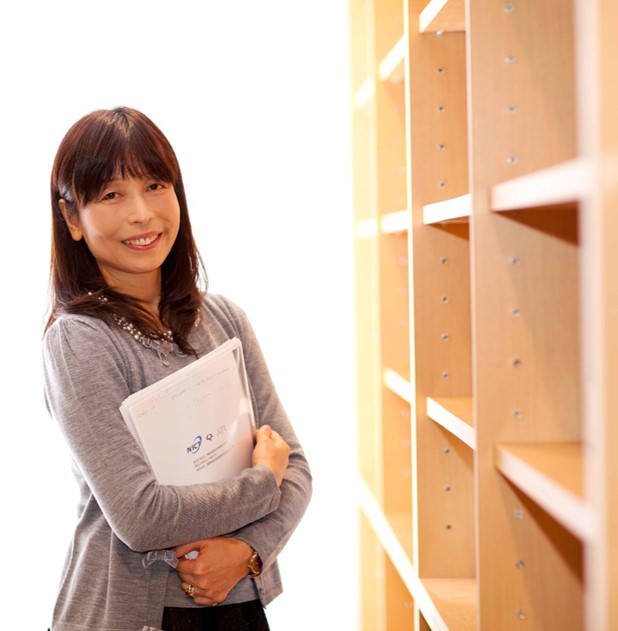 Technology (NICT )/Osaka University
Technology (NICT )/Osaka University - Department/Lab: Center for Information and Neural Networks (CiNET)
Noriko Yamagishi is a cognitive neuroscientist at Center for Information and Neural Networks (CiNET), NICT. She awarded Ph.D. from Purdue University in 1995. She was a postdoctral fellow at U.C. San Diego from 1995 to 1996, and at Royal Holloway, University of London from 1996 to 1997. She also obtained MBA from McGill University in 2016. She was a senior researcher at ATR from 1997 to 2013, and she has joined the CiNET as a senior researcher since 2013. Her research has focused on mechanisms underlying human visual attention. She investigates it by using psychophysical techniques as well as human brain imaging techniques, such as fMRI, MEG and EEG. Her series of experiments reveal that attention modulates neural activities of particular frequency ranges, and the levels of modulations are related to human behavior performance. Applying such basic findings to make ambient intelligence could help people by providing useful information at appropriate time and place for users. She is excited about working with participants in thinking of relationship between attention and consciousness.
Dan Zahavi
- Affiliation: University of Copenhagen
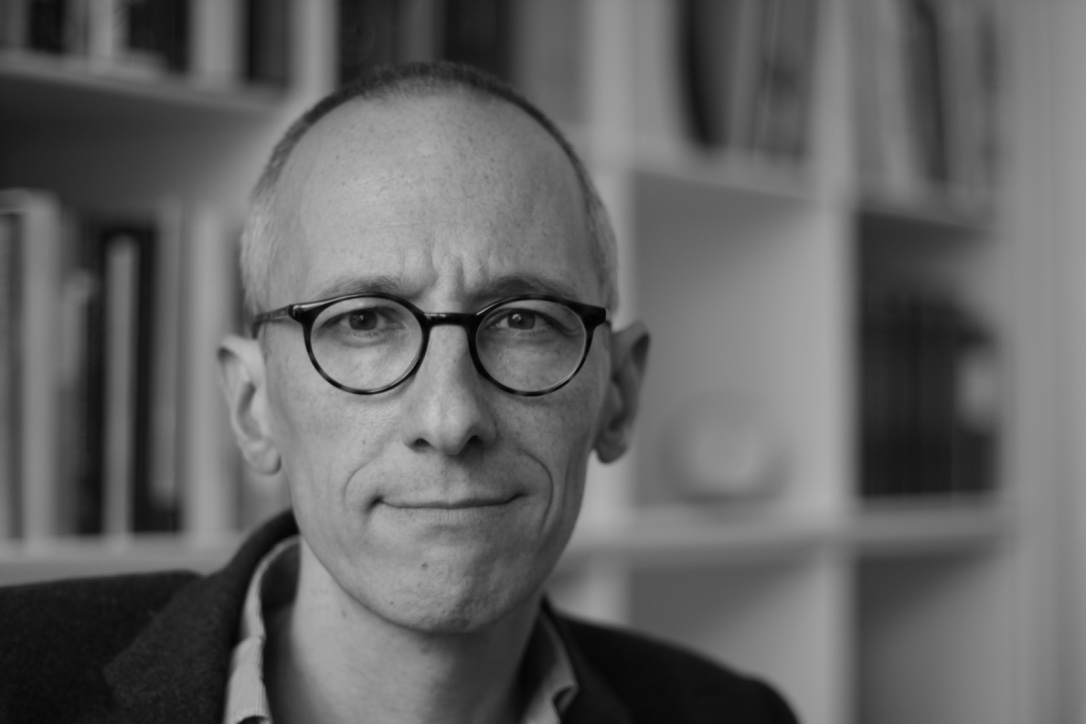
- Department/Lab: Center for Subjectivity Research
Dan Zahavi is Professor of Philosophy and Director of the Center for Subjectivity Research at the University of Copenhagen. In his systematic work, Zahavi has mainly been investigating the nature of selfhood, self-consciousness, intersubjectivity, and social cognition from a phenomenological perspective. He is currently working and publishing on issues related to we-intentionality and group-identification. He is author and editor of more than 25 volumes including Subjectivity and Selfhood (MIT Press 2005), The Phenomenological Mind together with S. Gallagher (Routledge 2008/2012), and Self and Other (OUP 2014). His new book Husserl's Legacy: Phenomenology, metaphysics, and transcendental philosophy will be out with OUP in 2017. He is co-editor in chief of the journal Phenomenology and the Cognitive Sciences.Routledge 2008/2012), and Self and Other (OUP 2014). His new book Husserl's Legacy: Phenomenology, metaphysics, and transcendental philosophy will be out with OUP in 2017. He is co-editor in chief of the journal Phenomenology and the Cognitive Sciences.
Tutors
Jelle Bruineberg
- Affiliation: Institute for Logic, Language and Computation
- Department/Lab: Department of Philosophy
- Research field: Embodied cognition; Ecological psychology; Theoretical neurobiology
I am a PhD candidate at the University of Amsterdam working on the topic of naturalizing mind and intentionality. In order to do so, I try to build a bridge between mathematical frameworks (such as the free-energy principle), embodied cognitive science (the philosophy of affordances) and phenomenology. The ultimate aim of my research is to understand how an agent's history of the interactions with its environment and the social and material setting (including social norms and expectations) shape an agent's openness or sensitivity to the affordances in the environment.
Jorge Luis Copete Vasco
- Affiliation: Osaka University

- Department/Lab: Graduate School of Engineering, Asada Laboratory
- Research field: Cognitive developmental robotics; Predictive coding
I am PhD student at Asada Laboratory, Osaka University under the supervisor of Prof. Yukie Nagai and Prof. Minoru Asada. My research aim to raise hypothesis on the ability of humans to acquire goals, share goals and engage in joint actions through computational models embodied in robotic platforms, and extend this ideas to propose mechanisms that enable robotic agents to acquire principles of human-human interaction. My recent research work studied how motor development facilitates the prediction of others' actions under the framework of sensorimotor predictive learning. At the current stage, I am exploring the role of self-organized functional hierarchies that emerges in artificial neuronal systems. My goal is to characterize the influence of hierarchical structures on the acquisition of goal-directed behaviors.
I earned my B.S. in Electronics Engineering in the University of Valle, Colombia, and M.S. in Adaptive Machine Systems in Osaka University.
Ai Koizumi
- Affiliation: National Institute of Information and
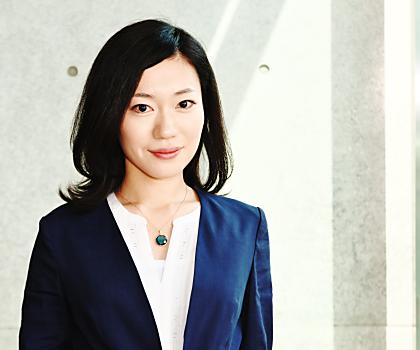 Communications Technology
Communications Technology - Department/Lab: Center for Information and Neural Networks
- Research field: Fear; Perception; Metacognition; fMRI
Ai Koizumi is a researcher on affective neuroscience at Center for Information and Neural Networks (CiNet), Japan. She received a ph.D in Psychology from The University of Tokyo, and worked as a post-doc at Columbia University afterwards.
The main aim of her work is to translate the basic research to clinical applications, especially for the psychiatric disorders such as PTSD. Her recent works use a real-time fMRI neurofeedback or a high-resolution 7 Tesla fMRI to elucidate the mechanisms underlying fear memory and perception.
Ray X. Lee
- Affiliation: Okinawa Institute of Science and Technology (OIST)
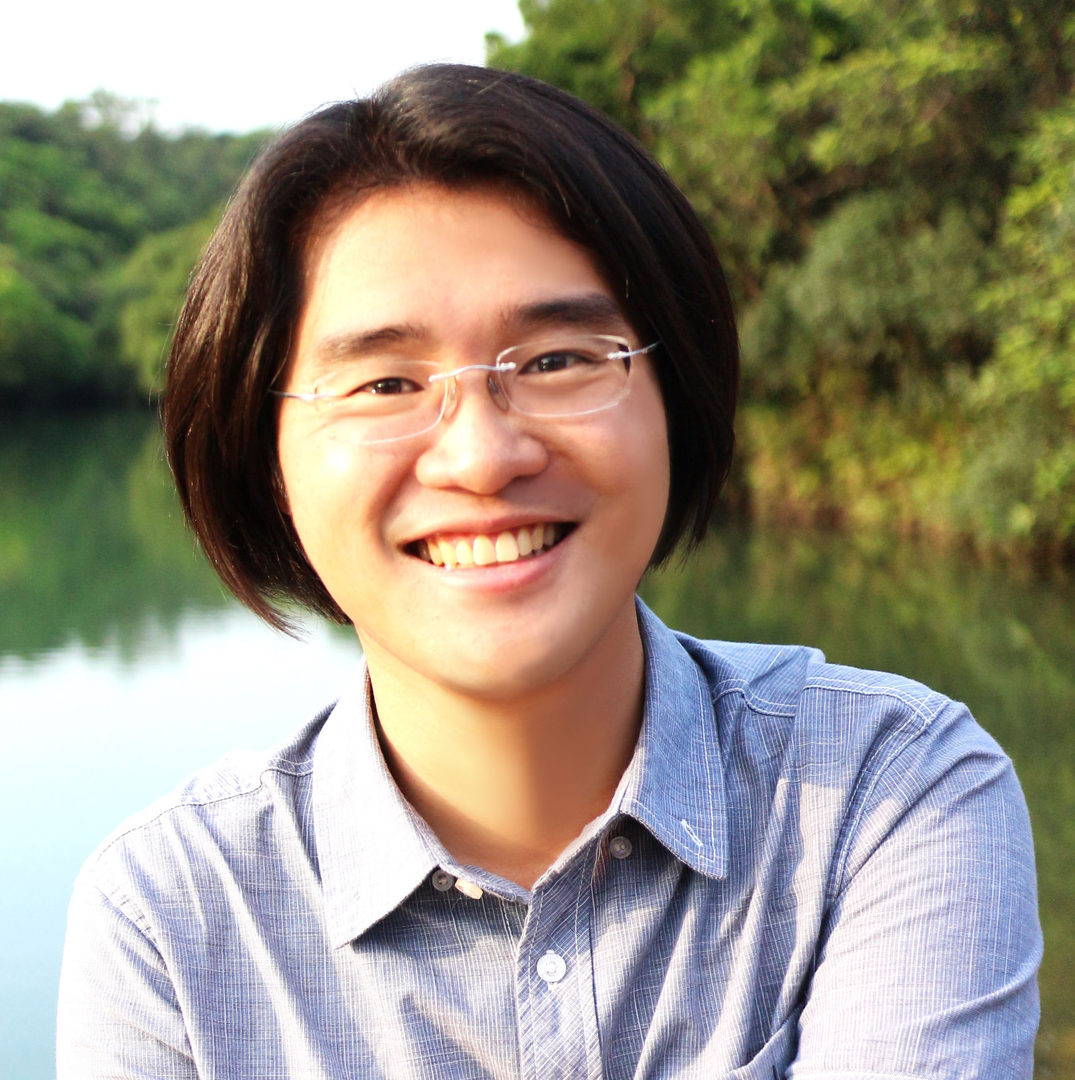 Graduate University
Graduate University - Department/Lab: Biological Physics Theory Unit & Optical Neuroimaging Unit
- Research field: Behavioral neuroscience
Neuroscience is a nexus of different academic disciplines, engendering exciting questions between mind and matter. My research interest is local neuronal network computation in voluntary behaviors. I’m currently a Ph.D. student in Okinawa Institute of Science and Technology (OIST), joining the groups of Dr. Bernd Kuhn (Optical Neuroimaging Unit) and Dr. Greg J. Stephens (Biological Physics Theory Unit). Using optical recording techniques in mice, my research investigates dynamic principles for cortical association in local neuronal population that yields spontaneous movements. To explore spontaneous behaviors in emotional states, I also focus on behavioral development of stress incubation after acute psychosocial trauma in mice. Before joining OIST, I earned my B.S. in Life Science and M.S. in Zoology with Dr. Chen-Tung Yen in National Taiwan University. There I studied differential adjustments of cerebellar neuronal responses to sensory inputs from active and passive motions during training of body balance in rats. The research included investigations of neuronal projecting organizations in the cerebellar system. In the meanwhile, I joined the group of Dr. Tsuyoshi Koide in National Institute of Genetics as an internship. With Dr. Aki Takahashi, I examined neurotransmitter modulations on local neurons in the dorsal raphé nucleus for controlling mouse aggressive behaviors.
Julian Rodney Matthews
- Affiliation: Monash University
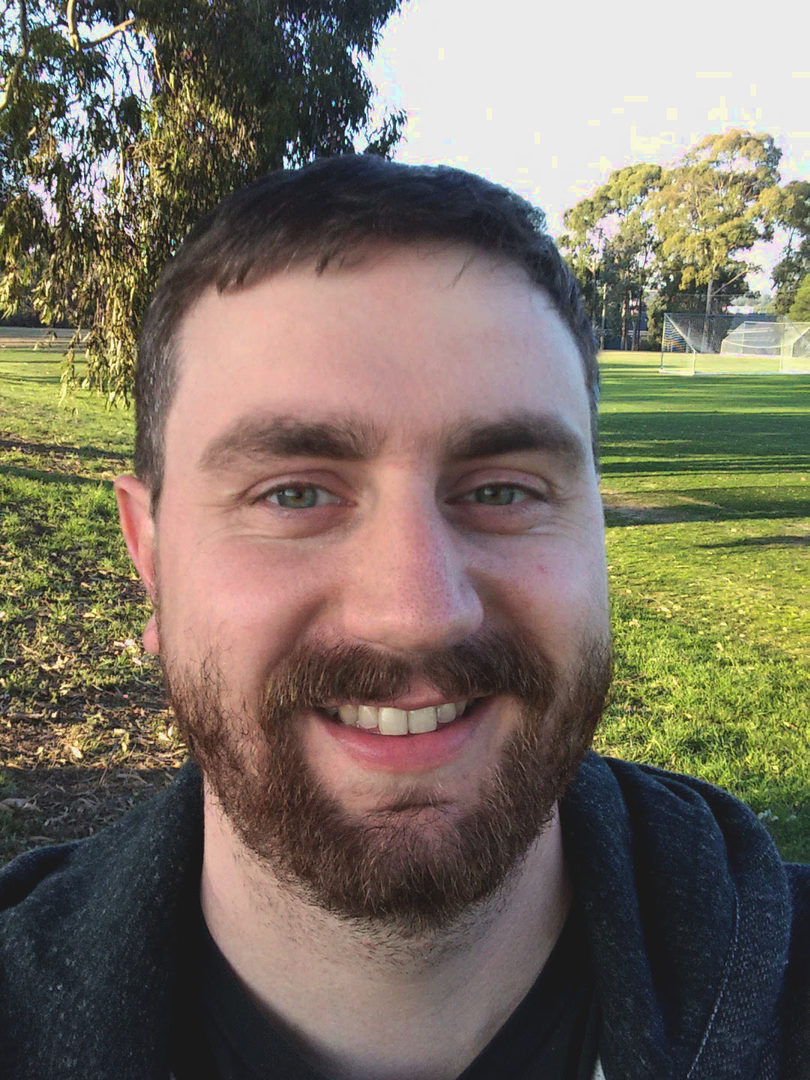
- Department/Lab: School of Psychological Sciences / Philosophy Department
- Research field: Consciousness; Metacognition; Attention; Psychophysics; Philosophy
I am a cognitive scientist fascinated by the philosophical and behavioural study of consciousness. A higher degree student of the philosophy and psychology departments of Monash University, my PhD explores how psychophysics can be used to examine the complex relationship between metacognition, cognitive access, and phenomenal consciousness. This work is supervised by Nao Tsuchiya, Jakob Hohwy, and Jeroen van Boxtel with inspiration from Integrated Information Theory, predictive coding, and the broader philosophy of consciousness.
Prior to joining Monash University I studied psychology and was employed as a cognitive and clinical researcher for several years. During this time I examined expertise, memory, and mental illness with a focus on schizophrenia. Understanding whether and how consciousness might function to preside over our everyday lives remains a guiding principle for my work. It is my hope that the study of consciousness will lead to breakthroughs for improving this function in both normal and abnormal brains.
Katsunori Miyahara
- Affiliation: Harvard University/The University of Tokyo

- Department/Lab: Department of Philosophy/Department of History and Philosophy of Science
- Research field: Phenomenology; Philosophy of cognitive science; Philosophy of perception
I am a Fellow-in-Philosophy at Harvard University funded by a JSPS Overseas Research Fellowship. I completed my Ph.D. in 2015 from the Department of History and Philosophy of Science at the University of Tokyo.
My primary research interest is in developing and understanding phenomenological approaches to cognitive science. In the past few years, I have studied and published some papers on 4E (embedded, embodied, enactive, extended) approaches to perception and social cognition drawing mainly on the phenomenology of Maurice Merleau-Ponty.
After participating in the first ISSA summer school in the summer of 2015, I also developed a research interest in the scientific studies of consciousness and have become a member of the steering committee of ISSA. I am also involved in the KAKENHI project “A philosophical examination of the methodological foundation of the scientific studies of consciousness: Towards a process-oriented approach to consciousness(科学的意識研究の方法論的基礎の哲学的検討:プロセス論的アプローチの確立に向けて)” together with other former participants of the first ISSA summer school, Takuya Niikawa (Chiba University), Satoshi Nishida (Osaka University), and Hiroaki Hamada (OIST).
I also have research interests in the phenomenology of so-called “intransitive” bodily sensations like pain and itch, philosophy of perception, and the concepts of introspection and reflection. More generally, I am curious about topics related to philosophy and science of mind and body, and understanding their puzzling relationships.
Satoshi Nishida
- Affiliation: National Institute of Information and Communications
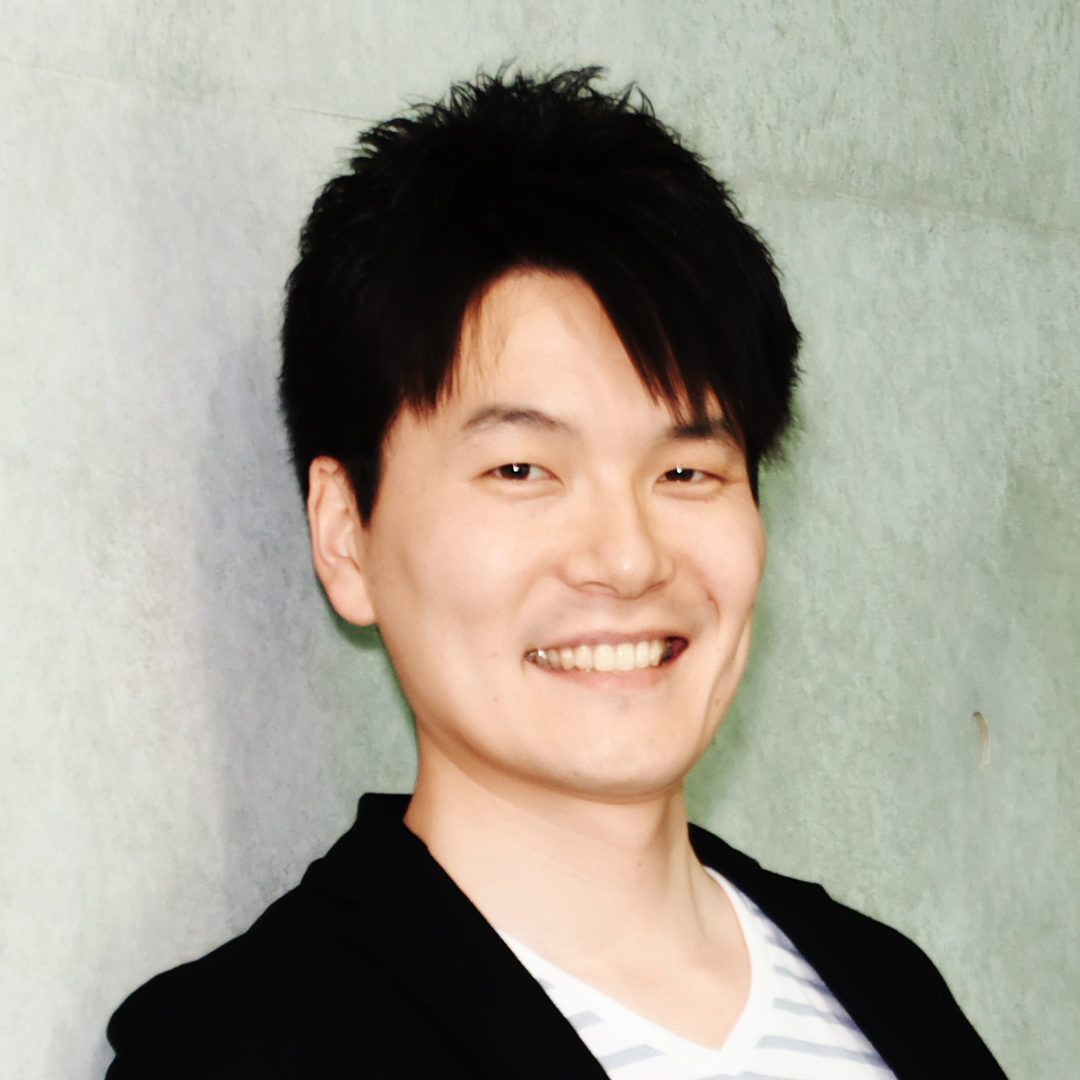 Technology
Technology - Department/Lab: Center for Information and Neural Networks
- Research field: Neuroscience; fMRI; Vision; Modeling; Decoding
I am working in the field of cognitive neuroscience. I am interested in the neural mechanisms underlying sophisticated information processing that makes natural visual cognition possible. To elucidate this, I take an experimental approach using human functional imaging techniques. In particular, my research focuses on the quantitative modeling of neural processing and representation of natural visual cognition, which integrates a computational modeling approach into human experiments.
I attended the last ISSA Summer School in 2015 and had a lot of valuable experiences there. After that, I could launch an interdisciplinary research of consciousness as a collaborative work with other attendees of the last summer school. I hope that this ISSA Summer School 2017 provides a useful ground for emerging promising future studies on consciousness.
Elizaveta Solomonova
- Affiliation: University of Montreal / McGill University

- Department/Lab: Dream and Nightmare Lab / Neurophilosophy Lab
- Research field: Consciousness; Sleep; Dreaming; Meditation; Neurophenomenology
I am an interdisciplinary scientist of the mind, working at the intersection between cognitive neuroscience, philosophy and the arts. My main research interest is the neurophenomenology of conscious experiences across sleep, wake and contemplative states. I am currently finishing an interdisciplinary PhD at the University of Montreal (Cognitive Neuroscience and Philosophy), and starting a postdoctoral fellowship at McGill University’s Neurophilosophy Lab. I have been working with Tore Nielsen at the Dream and Nightmare Laboratory, Center for Advanced Research in Sleep Medicine, and with Sha Xin Wei at the Topological Media Lab at Concordia University. I have previously worked on a variety of projects in neuroscience of sleep and in media arts, including meditation, sense of presence, sleep paralysis, sensory incorporation in sleep, memory consolidation, nightmares, emotion regulation, collective experiences, and experimental philosophy. I am deeply committed to interdisciplinaity, and to developing synthetic modes of research and discourse. I have attended three Mind and Life Summer Research Institutes, which allowed me to become part of contemplative research network and create collaboration links. In addition, I am an affiliated member of YHouse, a New York-based nascent interdisciplinary institute, dedicated to study of awareness from biological, phenomenological and contemplative perspectives.YHouse, a New York-based nascent interdisciplinary institute, dedicated to study of awareness from biological, phenomenological and contemplative perspectives.
Olaf Witkowski
- Affiliation: Earth-Life Science Institute (ELSI), Tokyo Institute of
 Technology
Technology - Research field: Artificial life; Cognitive linguistics; Machine learning; Evolutionary robotics; Information theory
Dr. Olaf Witkowski is an EON Postdoctoral Fellow at the Earth-Life Science Institute (ELSI) in Tokyo, a Visiting Member at the Institute for Advanced Study (IAS) in Princeton, and the Chief Architect at YHouse Inc. in New York. His research investigates the information dynamics in the origins of cognitive life and collective intelligence. His approach uses large-scale artificial life simulations, evolutionary robotics, machine learning, and information and game theories to study the computation of life, the major transitions in evolution, and the future of intelligent societies, with a particular focus on emergent communication in neural networks. His research investigates the information dynamics in the origins of cognitive life and collective intelligence. His approach uses large-scale artificial life simulations, evolutionary robotics, machine learning, and information and game theories to study the computation of life, the major transitions in evolution, and the future of intelligent societies, with a particular focus on emergent communication in neural networks.
Participants
Carlos Alquézar Baeta
- Affiliation: University of Zaragoza
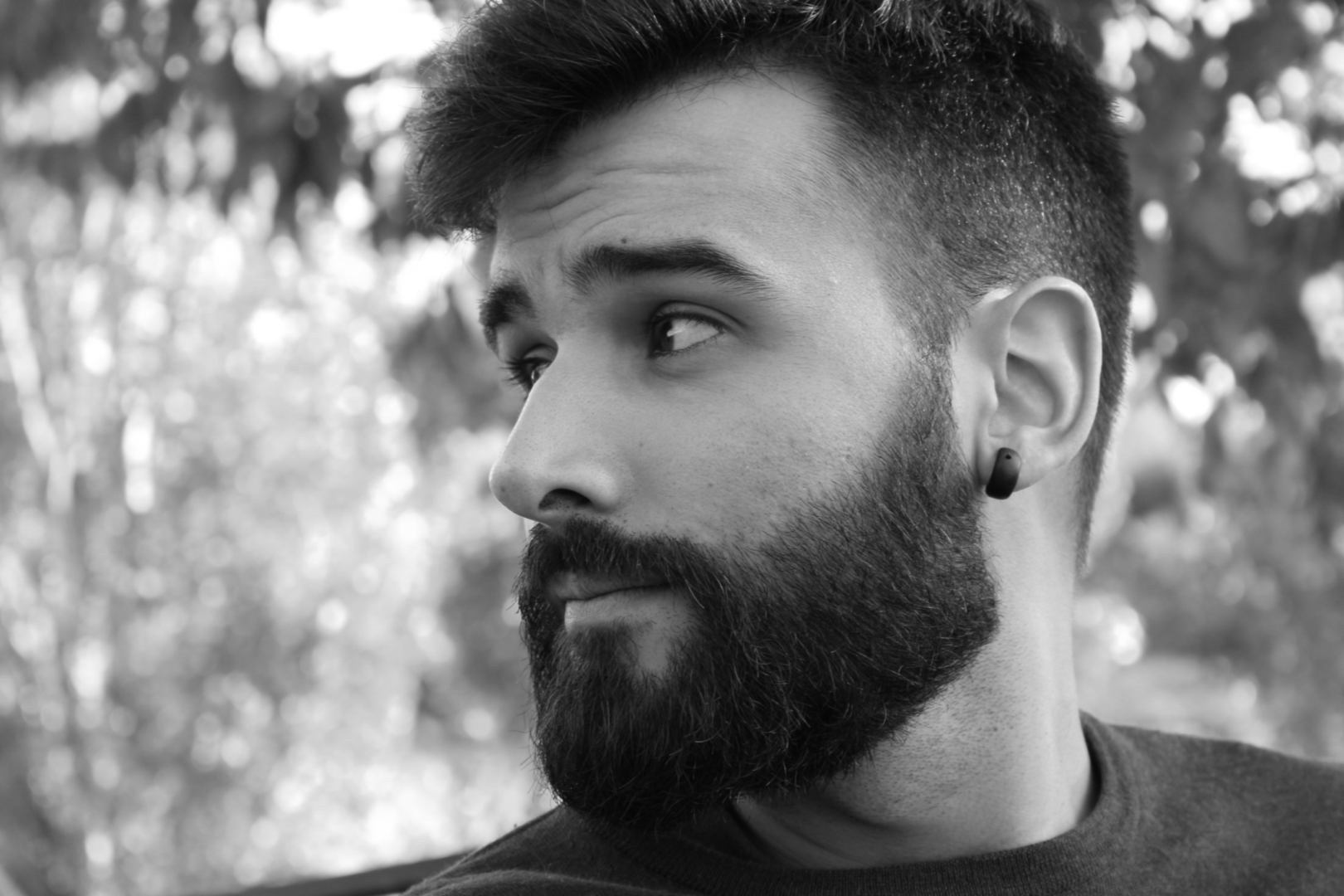
- Department/Lab: Computer Science - Interdisciplinary Studies in Adaptivity, Autonomy and Cognition (ISAAC Lab)
- Research field: Sensorimotor theory of consciousness; Complexity; Cognitive neuroscience
I have a MEng. in Computer Science from the University of Zaragoza (Spain). I work combining experimental data and theoretical models of neural activity in order to obtain a better understanding of neural dynamics. Recently, neural network models from statistical physics, i.e. pairwise maximum entropy models, have been usefully employed to extract relevant thermodynamic properties using theoretical information measures from data generated in retinal neural cultures, protein chains or flocks of birds. These advancements suggest an interesting opportunity to exploit these developments in the context of embodied cognition, designing models with an unprecedented capacity to capture statistical properties of large-scale phenomena in situated and embodied organisms.
Furthermore, in the context of sensorimotor theory, I am strongly interested in specify at the level of neural mechanisms what is meant by a sensorimotor contingency and by their mastery. With this aim for making experimental progress about what is the brain doing while a subject is immersed in a sensorimotor task, I have been working in minimally cognitive setups implemented in computer simulations in order to capture brain-body-environment dynamics of human subjects.
David C. Alvarez-Charris
- Affiliation: Graduated from Universidad Autónoma de Occidente
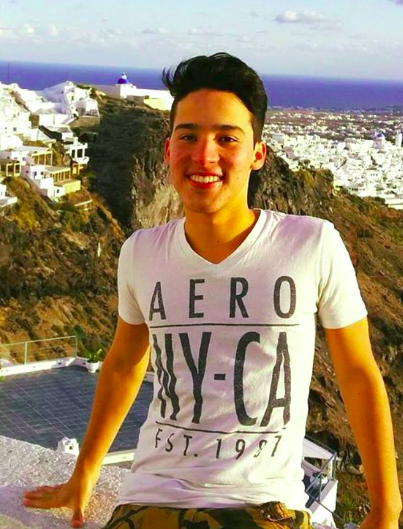
- Research field: Reinforcement learning; Computational neurosciences; Neural networks
I am a graduated student from the Universidad Autónoma de Occidente from Colombia. My research interest are those covering the study of Intelligence, both from an Artificial and Neuroscientifical point of view.
From the field of Artificial Intelligence, I am interested in combining Deep Learning, Reinforcement Learning, and Intrinsic Motivated Learning to create virtual or embodied (robotic) agents capable of exploiting the statistical richness of the world. I also intend to do research in Generative Models performing Bayesian Inference and causal discovery to develop agents that truly understand the causal relationships between experiences, actions, and the effects that this have in the real world.
From the field of Neurosciences, I am interested in studying the neural principals of Cognitive functions such as learning, memory, attention, and the intriguing aspect of consciousnesses. I am specially interested in studying the neural circuits and functions of the Hypothalamus, Basal Ganglia, Striatum and the pre-frontal cortex. I intend to clearly elucidate the principles of Intelligence by building computational models of these functions.
Nora Andermane
- Affiliation: University of Sussex
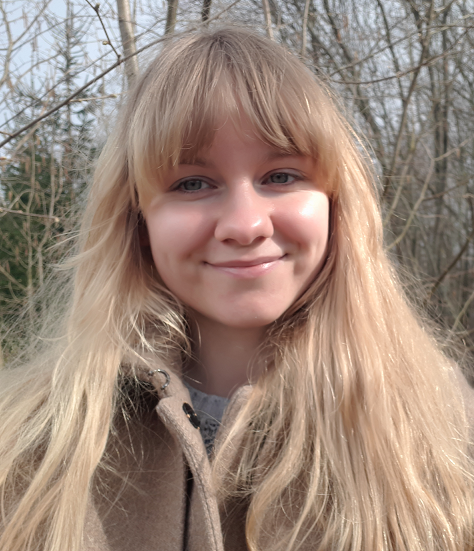
- Department/Lab: School of Psychology
- Research field: Psychology
I obtained a BSc in Experimental Psychology at the University of Bristol in 2012, after which I stayed on at Bristol as a research assistant to work on a range of projects relating to language and visual memory with Professor Jeffrey Bowers. I am currently a PhD student at the University of Sussex, supervised by Professor Jamie Ward, Dr Jenny Bosten, and Professor Anil Seth. My research interests lie in the field of visual consciousness, in particular, I am interested in inter-individual differences in subjective visual experience and the ability to notice visual changes. I was initially fascinated with the finding that people tend to differ greatly in their experience of visual illusions (e.g. perceptual rivalry), and set out to investigate how these differences relate to the capacity of noticing visual changes, as a part of my PhD. Recently I have developed an interest in the Bayesian predictive coding framework of cognition proposed by authors such as Karl Friston and Jakob Hohwy because of its promise to provide a unified theory of brain function. I am currently working on a project that aims to investigate the role of top-down visual prediction versus bottom-up prediction error signalling in individual differences in change blindness. I am also interested in predictive processing accounts on how imbalances in top-down and bottom-up processes affects visual experiences in various types of psychopathology, such as autism and psychosis.
Ryo Aoki
- Affiliation: RIKEN BSI

- Department/Lab: Lab. for Neural Circuits and Behavior
- Research field: Mice in vivo physiology; Visual decision making
I am currently a postdoc in Dr. Andrea Benucci's lab in RIKEN BSI. In the lab, I have been working for 2 years to develop and optimize an automated training system for head-fixed mice. Now by taking full advantage of this system, I aim to train mice in novel tasks quantifying the cognitive functions which have not been demonstrated in such small rodents.
During the course, I wish to get a clear idea of how consciousness, attention and other implicit cognitive process should be experimentally addressed, so I am particularly interested in psychophysics and theoretical framework underlying them. My original background is molecular biology, and I look forward to interacting people with various background such as cognition, computation and philosophy and exchanging ideas.
Manuel Baltieri
- Affiliation: University of Sussex

- Department/Lab: Informatics - Evolutionary and Adaptive Systems Research Group
- Research field: Action-perception cycle; Computational neuroscience; Modelling; Artificial intelligence
I am a PhD student at the University of Sussex, working under the supervision of Christopher Buckley and Thomas Nowotny. My background is in computer science and AI whereas my current research lies at the intersection of AI and cognitive science with theoretical and computational neuroscience.
At the moment I’m working on models of action-perception loops under the Bayesian brain hypothesis with a focus on theories of motor and feedback control. In more detail, I study minimal computational models of agency using ideas derived from the Free Energy Principle (FEP) and related implementations, predictive coding and in particular active inference. With my work I’m also trying to use the mathematical formalism provided by the FEP to draw connections between fields like control engineering and systems biology/neuroscience.
At ISSA I’d like to interact with people from a range of diverse backgrounds with different interpretations on theories of consciousness, cognition, action and perception. I believe it will be a great opportunity to discuss about these ideas and generate new, combined perspectives on these topics.
See you all in Osaka!
James Blackmon
- Affiliation: San Francisco State University
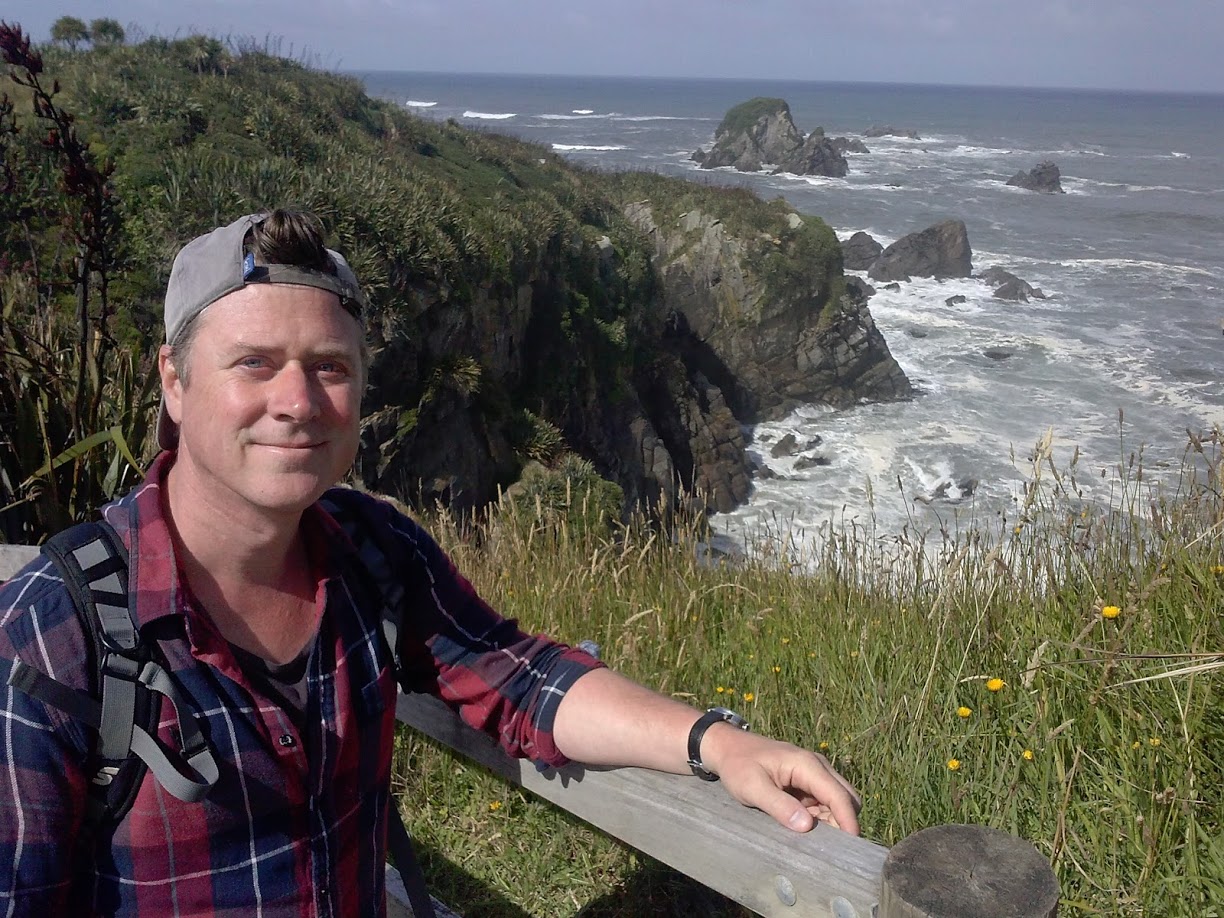
- Department/Lab: Philosophy
- Research field: Computationalism; Consciousness; Mental representations; Hemispherecomies; Wada test
I am a lecturer at San Francisco State University specializing in the philosophy of mind and cognitive science. I did my doctorate work on computationalism at UC Davis. Recently, I've been doing some work on what hemispherectomies and the Wada test can tell us about how the brain and brain regions might realize conscious mental states. I currently think the medical facts pose serious challenges for the thesis that the brain hosts only one "conscious entity". I'm very much looking forward to getting more familiar with the empirical and medical side of these issues.
Anna Cattani
- Affiliation: Istituto Italiano di Tecnologia

- Department/Lab: Neural Computation Lab
- Research field: Computational neuroscience; Modeling; Data analysis
My interests in studying real-world problems with mathematical tools led me to graduate in Mathematics, and to work on large-scale neural network modeling at the time of my doctoral program (Turin Polytechnic, Department of Mathematical sciences). Since 2014, I am a postdoc at the Stefano Panzeri’s Lab in Trento, Italy. There, I worked on the bifurcation analysis of a voltage-based Wilson-Cowan model and on data-fitting of mass cortical MUA time series by means of the FitzHugh-Nagumo model.
In order to combine Philosophy and Neuroscience in my research work, I have identified consciousness as the most interesting topic to study. For this reason, I started a collaboration with prof. Massimini (University of Milan) and I will join his Lab in the near future. Our joint work consists in a data analysis project aiming at determining the relationship between neural activities at different spatial scales during sleep. Furthermore, we are interested in demonstrating the existence of a formal link between the PCI (perturbational complexity index) measure - which is of great importance for quantifying the level of consciousness of patients with pathological consciousness impairments, as well as of patients during anesthesia - and the Phi measure of the IIT (integrated information theory) proposed by prof. Tononi and collaborators.
Renzo Comolatti
- Affiliation: Federal University of São Paulo (Unifesp)
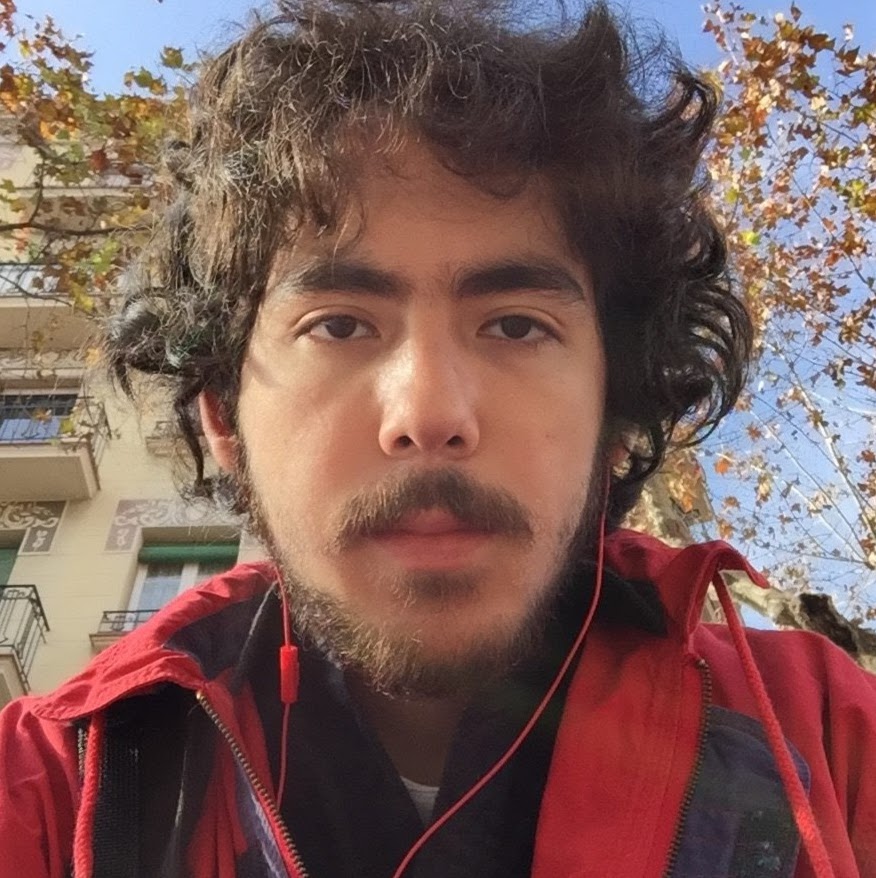
- Department/Lab: Neuroengineering and Computing Lab
- Research field: Neural signal processing; Neuroscience of Consciousness
I recently finished my undergraduate course in neuroscience and started a Master at the Federal University of São Paulo (Unifesp) with professor Adenauer Casali. Following the development of PCI (perturbational complexity index), we are now working on new ways of estimating neural complexity of TMS-EEG data as a way of accessing the level of consciousness of patients in different conditions (anesthesia, disorders of consciousness, etc) and investigating the kind of information processing underlying conscious activity. Our work is theoretically guided by IIT (integrated information theory) and during the last years of my undergraduate I’ve studied its mathematical and computational formulation, as well as its underlying philosophical assumptions and implications. In this regard, I am interested in understanding the possible interplay between a theory of consciousness like IIT and non-reductive accounts of consciousness based in Husserlian phenomenology, much in the spirit of the "mutual constraints" between neuroscience and phenomenology present in neurophenomenology. I believe ISSA summer school will be an exciting opportunity to engage experimental, theoretical and philosophical approaches of consciousness in a productive exchange.
Iulia-Maria Comșa
- Affiliation: University of Cambridge
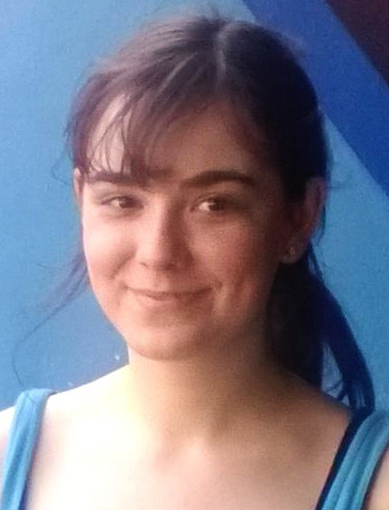
- Department/Lab: Department of Clinical Neurosciences
- Research field: Neurodynamics of consciousness; Consciousness levels; Impaired consciousness; Machine learning
How do we fall asleep or lose consciousness during anaesthesia? In my PhD at the University of Cambridge, I am exploring the neural dynamics underlying the transition between levels of consciousness in natural, pharmacological and pathological forms: sleep, sedation and disorders of consciousness. For this purpose, I use high-density EEG to investigate how measures of local and integrated brain activity, such as complexity, connectivity and graph-theoretical properties, are modulated by the level of consciousness.
While the focus of my PhD is on elucidating aspects of consciousness in the human brain, as a computer scientist I also wonder how this knowledge could be translated and explored in artificial systems. For example, artificial neural networks have recently become as good as humans at complex tasks such as recognising objects in images, but that is not enough for us to call them conscious. Can we engineer conscious-like behaviour in machines? As artificial intelligence advances, how will our definitions of consciousness change to keep up with it? Can artificial intelligence help us tackle the hard problem of consciousness? During this summer school, I look forward to exchanging fascinating perspectives on these topics with scholars from various disciplines.
Gökhan Gönül
- Affiliation: Middle East Technical University
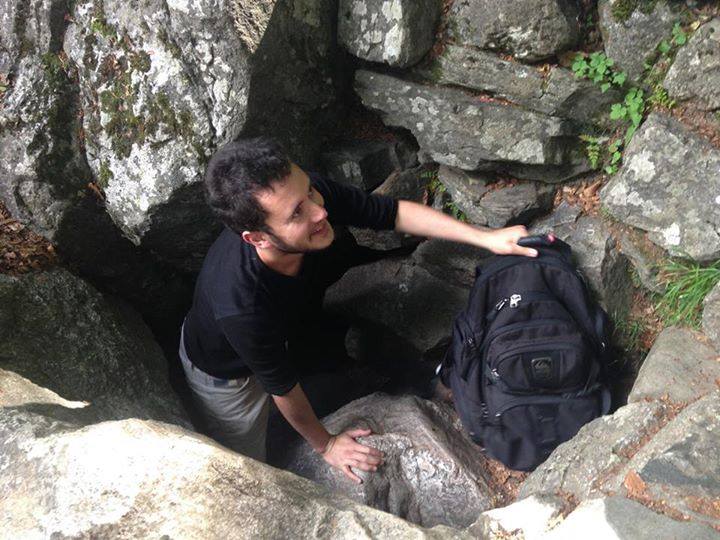
- Research field: Development and evolution of cognition; Tool making
I got my undergraduate degrees in psychology and sociology, and my master degree in cognitive science. Currently, I am a PhD student in Middle East Technical University. My research focuses on the development of evolution of human cognition, particularly tool making ability.
At the beginning of the 20th century, Louis Leakey and numerous other researchers found many stone tools in Africa dating back to 1.8-2.6 million years ago. This was an amazing discovery but Leakey and other scientists were not able to discover how genus homo came up with the idea of creating tools to solve their problems. Namely, how could genus homo have evolved higher level cognitive, social and motor abilities that are required for tool innovation?
I am integrating the investigation of human cognition and tool-related behaviors with the help of explanations of evolution of language and the development of cognition. My aim is to reveal the factors have an impact on tool innovation in humans and when and how this unique ability develops in children. I have been conducting experimental studies under the supervision of Dr. Annette Hohenberger, Dr. Murat Perit Çakır (Middle East Technical University), Dr. Annette Henderson and Dr. Michael Corballis (University of Auckland).
Jackie L. Gottshall
- Affiliation: Weill Cornell Medicine
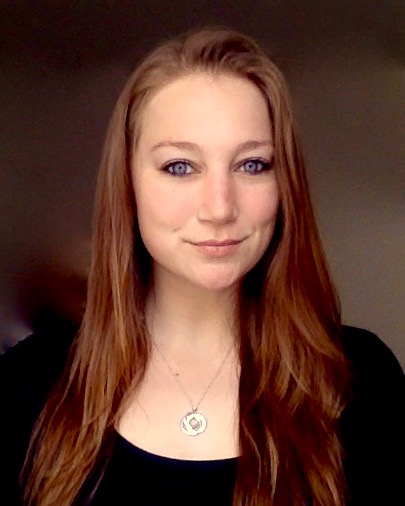
- Department/Lab: Laboratory of Cognitive Neuromodulation
- Research field: Consciousness; Sleep; Brain injury; EEG
I am currently a PhD candidate at Weill Cornell Medicine in New York City, where I study the recovery process following severe brain injury in patients with Disorders of Consciousness. My work is focused on elucidating the way that conscious experience drives activity in the sleeping brain, as well as how that activity can in turn inform on the functional capacity of neural circuits implicated in both internal awareness and external interactions. Accordingly, I am heavily invested in the multidisciplinary questions of what constitutes consciousness and awareness, how it can best be identified, and what ways we can model these processes for a better understanding of their underlying biology. I am especially interested in how non-invasive interventions (e.g. cognitive tasks, assistive technologies) can induce plastic changes in neural circuits and affect how we interface with the world. I believe that we can harness this knowledge not only to better understand consciousness as a whole, but also to develop tools that drive plasticity and facilitate recovery in patients with severe brain injuries.
Akihito Hasegawa
- Affiliation: RIKEN BSI / Tokyo University
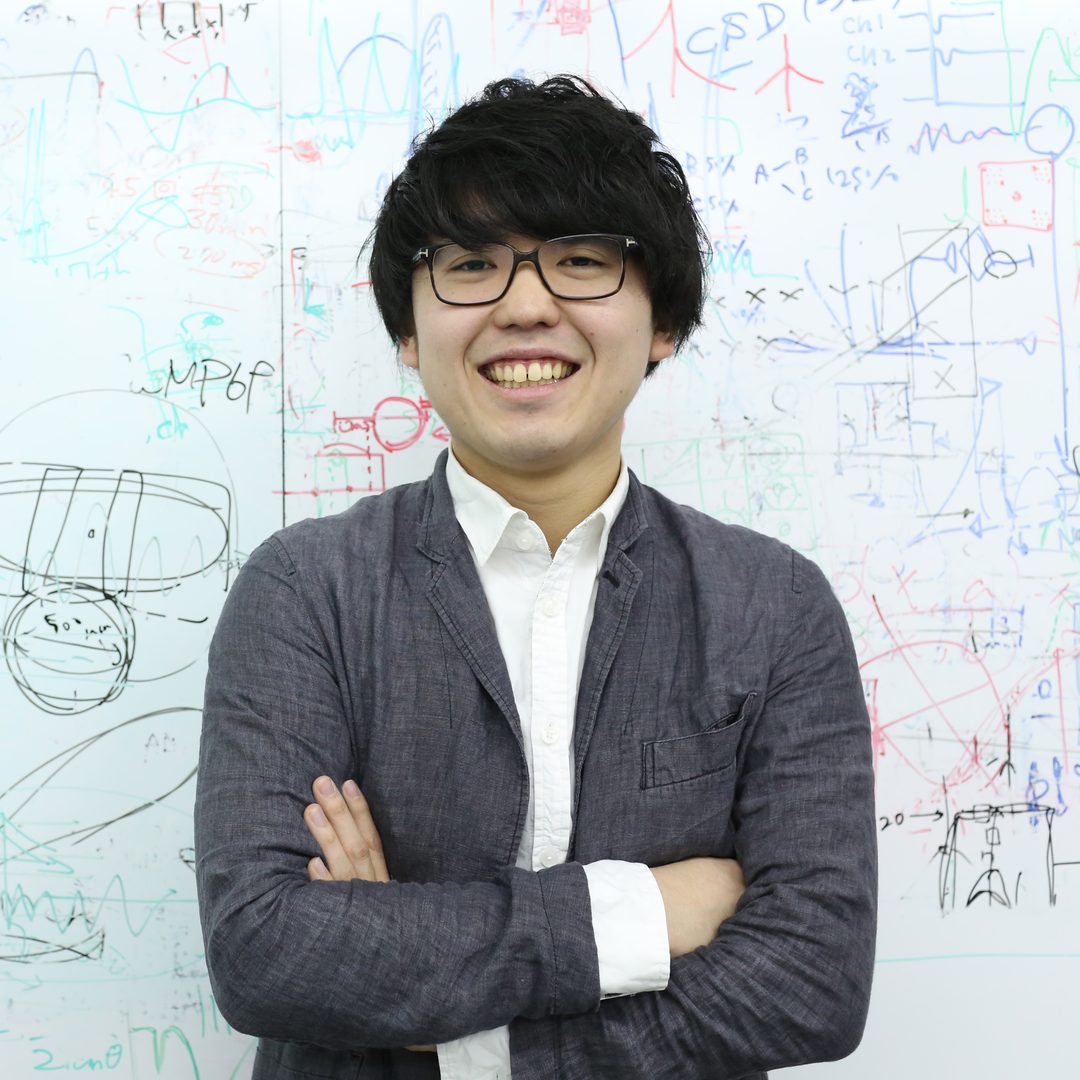 of Pharmacy and Life Sciences
of Pharmacy and Life Sciences - Department/Lab: Behavioral Neurophisiology Lab. / Laboratory of Molecular Neuroscience and Neurology
- Research field: Sensory perception; Electrophysiology; Mouse
I graduated from Tokyo University of Pharmacy and Life Sciences in 2017 with a Bachelor of Life Science, and I'm currently Masters student in Dr. Masanori Murayama's lab in RIKEN BSI. My research focuses on spatiotemporal neural dynamics of sensory perception using multi-shank probe for extracellular recording in vivo mouse.
My research interest is three problems.
1)How we demonstrate IIT's validity by electrophysiology tools?
2)What is reasonable data to explain anything rich?(like as qualia, texture, temperature,,,etc.)
3)Is evolutionary relationship of consciousness between different species of organism?(C.elegance, Drosophila, Mouse, Monkey, Human,,,etc)
During this program, I want to broad the mind about awareness research, especially how to close the gap between theory and reality. I'm looking forward to seeing everyone.
Calum Imrie
- Affiliation: University of Edinburgh

- Department/Lab: Institute of Perception Action and Behaviour
- Research field: Dynamical systems; HRI; Artificial confidence
I completed my undergraduate degree in Computer Science and Artificial Intelligence at the University of Edinburgh, and I'm currently a PhD student on the Robotics and Autonomous Systems CDT programme at the University of Edinburgh and Heriot Watt University. My primary interest is in the concept of artificial confidence, and how an emotional component of confidence can be utilised by robotic applications. This involves all aspects such as identifying one's abilities in a given environment, to also being able to observe other's capabilities through their confidence, be it robot or otherwise. I've also recently done some work with using reaction-diffusion systems in a swarm of Kilobots to determine if the implicit information acquired through Turing Patterns can help guide the swarm. The knowledge of that project are now being used to construct a reaction-diffusion system to act as an artificial confidence component for the agent.
Yuko Ishihara
- Affiliation:Tokyo Institute of Technology

- Department/Lab: Earth-Life Science Institute
- Research field: Phenomenology; Japanese philosophy
My main areas of specialization are in phenomenology and modern Japanese philosophy. After completing MA in Japanese philosophy from Kyoto University, I spent three years at the Center for Subjectivity Research (University of Copenhagen) where I obtained my PhD in 2016. My dissertation investigated the possibilities of transcendental philosophy. The basic insight that lies at the basis of transcendental philosophy, I believe, is that we are not objects in the world but subjects for the world. This means that transcendental thinking alters our way of relating to the world - from a naive view of the world as self-sustaining to a realization of the subject's essential role in world-disclosure. But is transcendental thinking essentially subject-centered? My PhD project explored the ways in which Heidegger and Nishida, in the beginning of the last century, transformed transcendental philosophy by critically examining the alleged centrality of the subject or subjectivity without thereby giving up the idea of the transcendental.
Recently, I am moving more towards the interdisciplinary study of awareness and reality. While my main interest is still in understanding the possibilities (as well as limits) of transcendental thinking, I am now trying to better understand how this relates to empirical ways of thinking about reality. In my current research, I explore the relationship between what can be called a transcendental phenomenological approach and an empirical scientific approach to awareness. Since we are both an object in the world and a subject for the world, the two approaches to awareness that highlight each aspect must somehow complement each other. So the question is: Sure, but how? I am looking forward to the summer school and engaging with all of you coming from various backgrounds and perspectives.
Sridhar Jagannathan
- Affiliation: University of Cambridge

- Department/Lab: Department of Psychology
- Research field: Transitions of consciousness; Spatial attention; Transition dynamics
I'm currently a Gates Cambridge Scholar working towards my PhD in the field of transitions of consciousness. The aim of my current work is to generate a body of work capable of characterizing the neural and computational dynamics of consciousness during wakefulness transitions. I do this by developing new mathematical tools for the analysis of complex systems and using existing measures embedded in a theoretically motivated framework. It can be summarised under the following heads.
1) Measures of Natural loss of consciousness: Primary aim of this project is to develop an objective method to characterise the levels of consciousness (alertness levels) in natural transitions of consciousness (awake to asleep).
2) Mechanics of Spatial (in)attention modulated by handedness and alertness: This project aims to characterise the mechanisms in the brain that are responsible for shift in spatial attention during different levels of alertness. Our lab has been instrumental in finding that handedness plays an important role in spatial attention bias during different level of alertness. I aim to find a mechanistic explanation for the problem using a combination of psychophysics and computational modelling using EEG, fMRI and ECoG data.
3) Attractor dynamics in transitions of consciousness: Primary aim of this project is to explore the attractor dynamics behind the transitions of awareness. Further to develop a comparison between animal model and human model of transitions to explore the brain mechanisms underpinning the dynamics.
Sina Khajehabdollahi
- Affiliation: University of Western Ontario

- Department/Lab: Physics and Astronomy, Brain Lab
- Research field: Physics of consciousness; Computational neuroscience; Information theory
I originally studied astrophysics in my undergrad, however when choosing my fourth year thesis project, the subject of consciousness and integrated information theory drew my attention. Since then I have been working on my Msc. with Dr. Andrea Soddu at the University of Western Ontario to understand the neural correlates of consciousness and to investigate the different theories and perspectives of consciousness with a mix of computer simulations and empirical data analysis. I am interested in information theory, graph/network analysis, non-linear dynamics and chaos, statistical mechanics, criticality, phase transitions, emergent phenomena, and the physics of cognition in general.Soddu at the University of Western Ontario to understand the neural correlates of consciousness and to investigate the different theories and perspectives of consciousness with a mix of computer simulations and empirical data analysis. I am interested in information theory, graph/network analysis, non-linear dynamics and chaos, statistical mechanics, criticality, phase transitions, emergent phenomena, and the physics of cognition in general.
I believe since the brain is the most complicated system humanity has ever observed, that understanding the brain will ultimately allow us to understand other emergent phenomena like culture, civilization, and life. It will also allow us to create new forms of emergent organization that have not yet been observed. I believe this knowledge is what would finally allow science to speak more precisely on what are now only in the realms of philosophy and political philosophy. Therefore, to understand the brain is to understand, in part, the universe. I suppose that is what astrophysics, cosmology, and neuroscience have in common.
Felipe León
- Affiliation: University of Copenhagen

- Department/Lab: Center for Subjectivity Research
- Research field: Social cognition; Collective intentionality; Self-consciousness
I have a BA and MA in Philosophy from the National University of Colombia, and an MA and PhD in Philosophy from the University of Copenhagen. I have been exchange student at the Europa-Universität Viadrina, in Frankfurt-Oder (Germany), and visiting research scholar at the University of California, Berkeley (USA). My academic background is mainly in classical phenomenology and philosophy of mind, and my main research interests are in social cognition and shared (or collective) intentionality. In the first place, I am interested in foundational questions concerning the capacity to understand others by attributing them mental states, and the role that empathy, perception and/or inferential processes may play in those attributions. Secondly, I am interested in the sharing of mental states with others, particularly in the phenomena of joint attention and shared emotions.
Michiko Matsunaga
- Affiliation: Kyoto University
- Department/Lab: Department of Education, Developmental Psychology Laboratory
- Research field: Psychology
I am currently a Masters student at Kyoto University Graduate School of Education, Japan. I am studying about mother’s emotional recognition and affectionate mother-infant interactions using developmental approach. My research interest is how mother’s physiological/psychological states may influence their infants. I use two main methodologies in my current research. One involves subjective evaluations measured by several traditional questionnaires which assesses parent’s conscious/explicit responses. The other is an index of autonomic nervous system activity, which assesses parent’s internal states at an unconscious/implicit level. Combining these methodologies and behavior ratings in mother-infant interactions, I have been investigating individual differences amongst mothers in regards to their emotional dynamics within fluctuating contexts involving infant caring. In this summer school, I would like to learn what science has revealed about consciousness/awareness because it may informed me for my own studies involving mother’s changing emotional states within the fluctuating contexts of infant raring. I am looking forward to learning cutting-edge approach for investigating human cognitive processes, and to seeing these interdisciplinary approaches lead to new research paradigms of human science.
Gabriel Axel Montes
- Affiliation: University of Newcastle (Australia)
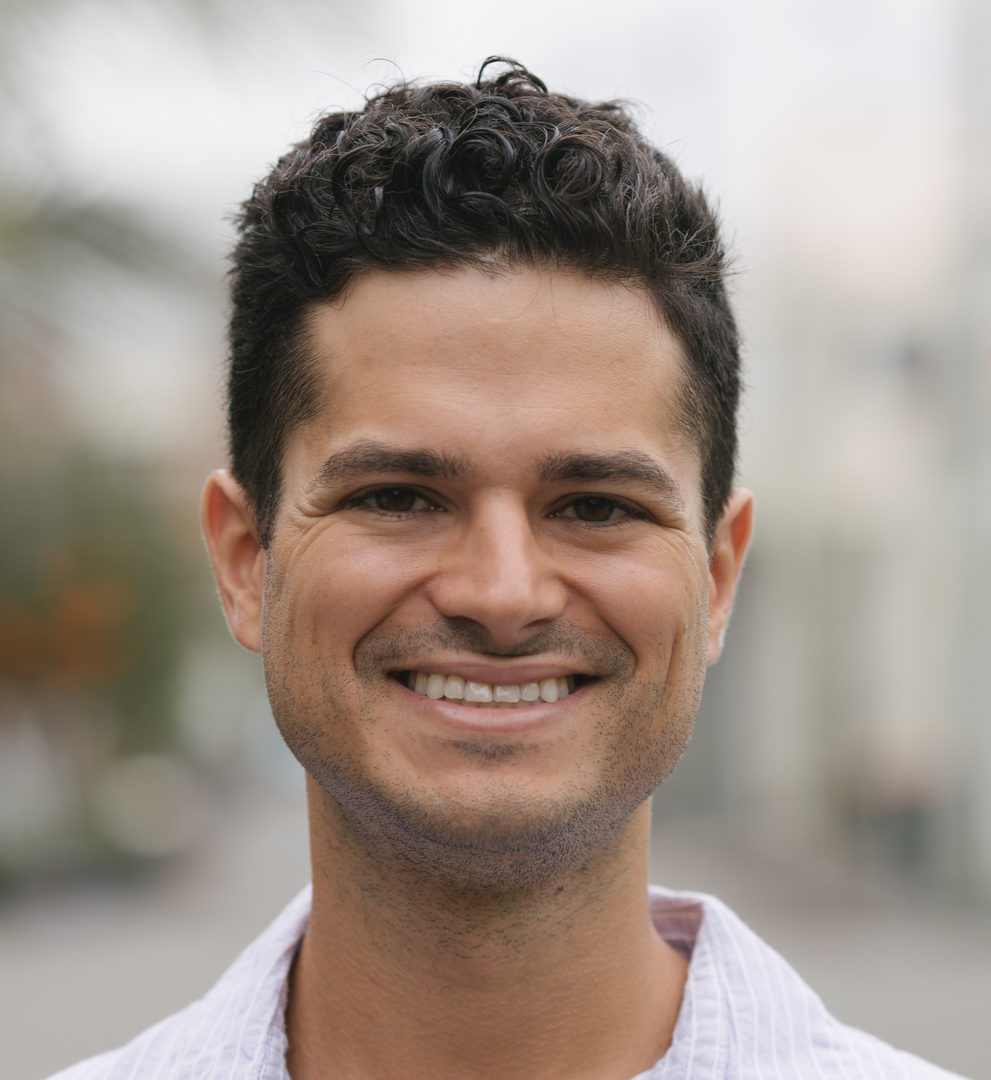
- Department/Lab: School of Medicine and Public Health
- Research field: Consciousness; Cognition; Virtual reality; Neurophenomenology; Artificial life
I am a neuroscientist, educator, and editor. I am currently completing a PhD at the Hunter Medical Research Institute (University of Newcastle, Australia), in collaboration with the Interacting Minds Centre (Aarhus University, Denmark). My work is in cognitive neuroscience and neurorehabilitation, and centres around body ownership, agency, predictive processing, and mind-body interventions in stroke rehabilitation. I leverage multi-sensory processing in a virtual reality environment to tease apart components of selfhood and agency, with the goal of enhancing them. My experience as a mind-body practitioner and instructor (various forms of mindful movement, meditation, and contemplation) informs my work. Previous work includes functional genetic models of schizophrenia, transcriptomics of language and autism using neuronal cell culture, and evolutionary-aesthethic theory of visual perception.
My broader interests lie in elucidating the neurocognitive underpinnings that regulate the sense of self and volition across variations of body schema. The mind-body practices of wisdom traditions are a point of departure for inspiring hypotheses to this end. I am additionally fascinated by economics, esoteric models of body and mind, and complex systems.
Yulia Revina
- Affiliation: Nanyang Technological University
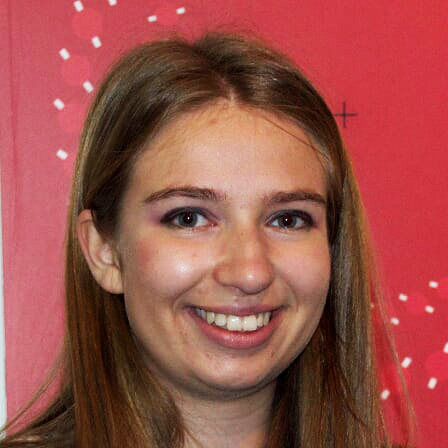
- Department/Lab: Visual Perception & Cognitive Neuroscience Lab
- Research field: Vision; Perception; Cortical feedback
I graduated from University College London in 2012 with a BSc in Psychology. My final year project with Alan Johnston investigated duration perception in the visual domain. I then did my PhD at the University of Glasgow with Lars Muckli where I used fMRI to look at cortical feedback to non-stimulated regions of the primary visual cortex. I was investigating how the information in the stimulated image surround influenced the activity patterns corresponding to an occluded (and thus non-stimulated) region of the scene. I recently joined the Visual Perception and Cognitive Neuroscience Lab at Nanyang Technological University as a postdoc. Here I will be continuing with my interests of brain activity under conditions of missing retinal input. I will be investigating perceptual filling-in in the retinal blind spot and with artificially missing information, such as during partial occlusion. Broadly speaking my interests include vision, predictive processes and consciousness.
Georg Schauer
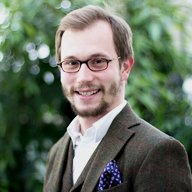 Affiliation: Centre for Integrative Neuroscience, Max Planck Institute for Biological Cybernetics
Affiliation: Centre for Integrative Neuroscience, Max Planck Institute for Biological Cybernetics- Department/Lab: Vision and Cognition Lab
- Research field: Cognitive neuroscience
Currently, I am a PhD student of cognitive neuroscience at the Centre for Integrative Neuroscience in Tübingen, Germany, under the supervision of Andreas Bartels and Nikos Logothetis. Here I investigate the neural basis of multistable perception using fMRI, EEG and TMS in order to search for the neural correlates of consciousness (NCCs). My first degree was in Philosophy at the University of Edinburgh, where I specialised in the philosophy of consciousness. Eventually though, I became convinced that I needed more hands-on methods to answer my philosophical questions, which is why I chose to switch into neuroscience and add an empirical dimension to my research. I went on to pursue an MSc in Human Cognitive Neuropsychology also at Edinburgh, and afterwards was working at the Sackler Centre for Consciousness Science with Anil Seth and Ryota Kanai, elucidating the function of parietal cortex in consciousness using concurrent TMS-EEG. My current goal is to uncover the role of connectivity and brain network dynamics in shaping the content of consciousness using no-report paradigms to dissociate the NCCs from neural correlates of other cognitive abilities related to consciousness.
Akiko Uematsu
- Affiliation: Hokkaido University
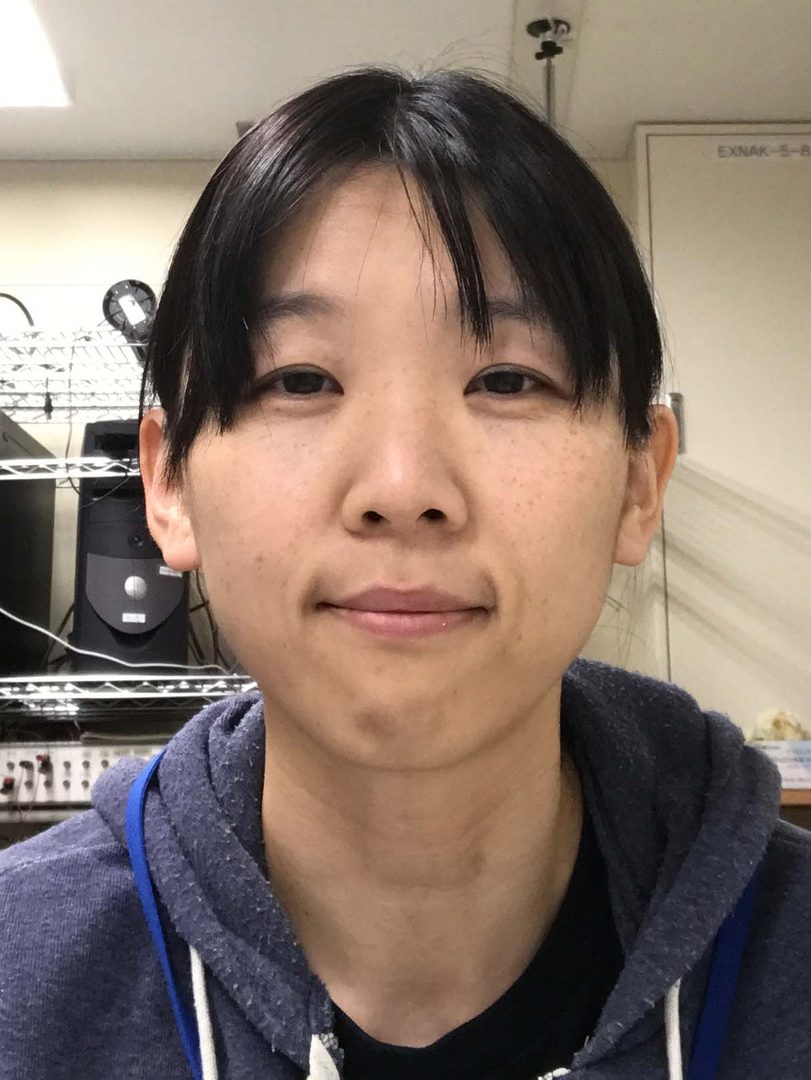
- Department/Lab: Department of Physiology, Systems Neuroscience Laboratory
- Research field: Neurophysiology; Temporal prediction; Cerebellum
I'm a graduate student of Systems Neuroscience Laboratory at Hokkaido University Graduate school of Medicine, Japan. I am studying about generation mechanism of the temporal prediction signals in the cerebellum, using single-unit recording, electrical microstimulation, and pharmacological approaches. My research interests are in understanding how we recognize the external world, which is changing with time, and what the "we" is. Time perception is affected by a state of mind. It is also interesting. In this summer school, I would like to talk with a lot of researchers of various fields and know new conceptions. I am looking forward to meeting you all.
Elaine van Rijn
- Affiliation: Duke-NUS Medical School
- Department/Lab: Cognitive Neuroscience Laboratory
- Research field: Cognitive neuroscience; Sleep; Memory; Dreaming
I am interested in the effects of sleep on cognition, in particular memory, and the relationship between sleep, memory and dreaming. I recently earned my PhD from Swansea University, United Kingdom and I just start working as a postdoc at the Cognitive Neuroscience Laboratory, Duke-NUS Medical School, Singapore. My research focuses on one of the main proposed functions of sleep, namely its involvement in the processing and storing of memories in the brain known as memory consolidation. Dreaming has been suggested to reflect this ongoing process of sleep-dependent memory consolidation, which is an area I explored during my PhD. At Duke-NUS, I’m extending my research on sleep-dependent memory consolidation. Furthermore, I am interested in the physiological aspects of sleep that may be involved in sleep-dependent memory consolidation and dreaming, such as the different sleep stages, brain areas, neural correlates and oscillatory patterns (for example, theta activity in rapid-eye-movement sleep and delta activity in slow wave sleep).



